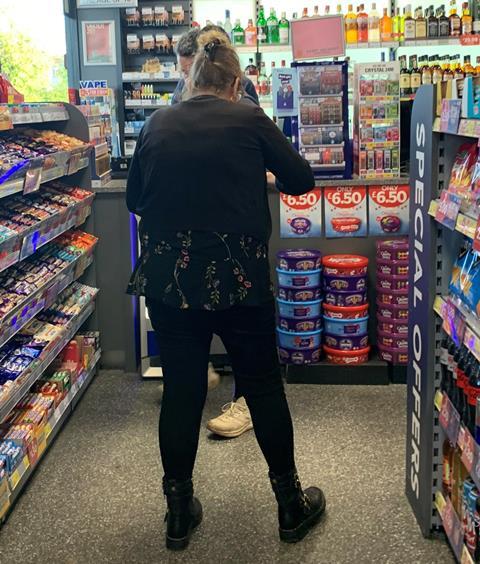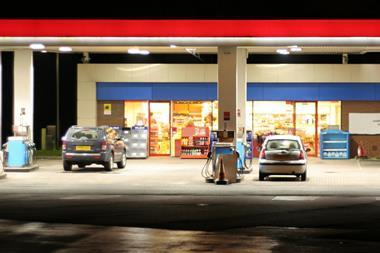
Cash will account for a significant proportion of purchases in the forecourt and convenience sector for at least five years, with in-store ATMs also providing a vital resource in communities that do not have access to a bank.
That is according to the Association of Convenience Stores (ACS), which gave evidence yesterday to a House of Commons Treasury Committee examining if rules are needed to govern the acceptance of physical cash.
During the pandemic, cash use across the economy declined sharply, with many businesses moving to accept card payments only. This has led to calls for regulations to compel non-online outlets to offer customers the option of paying by cash, including a petition to Parliament that has gathered more than 11,000 signatures.
ACS says that more than 99% of convenience stores in the UK still accept cash, and that almost half of all transactions in the sector use paper money or coins.
Giving evidence to the committee, ACS chief executive James Lowman noted that, since the pandemic, the cost-of-living crisis has prompted a revival in cash use as people have used it to manage personal finances.
“We see cash as being a very important part of a number of payment methods that consumers are going to be using for a long period of time,” he said.
Lowman pointed out that retailers face rising costs when it comes to handling both cash and card transactions, particularly when they are made up of many small transactions. However, he added that it was important that stores were able to offer both options, if they wanted to.
He also highlighted the role that convenience stores play in ensuring cash access in their local areas, through ATMs and cashback services, particularly when there are no banks. Three in five convenience customers use shop ATMs to withdraw cash, according to ACS.
In its evidence, ACS pointed out that, while use of cash has been in long-term decline, it will remain a “significant payment method” for at least five years.
It added: “We support active management of this transition, ensuring it does not isolate or disenfranchise consumers who rely on cash for their everyday spending.”
































